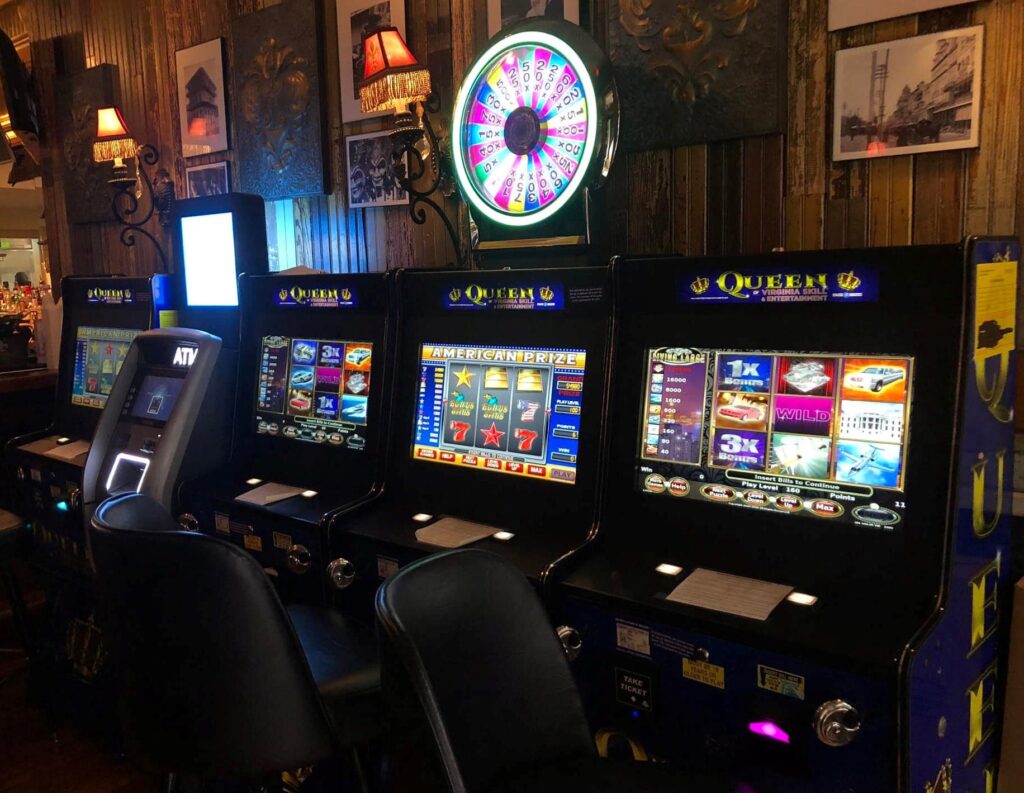Ad Disclosure
Skill Games Still Controversial Subject in Pennsylvania

Are electronic skill games an unregulated and unlicensed form of gambling in Pennsylvania? Or are they based on the outcome of skill from their users? The state’s highest court may make that final determination as the fight to define exactly what the gaming terminals are continues in Pennsylvania.
Skill games in Pennsylvania are cash-paying electronic gaming terminals that are typically located in convenience stores, bars, and restaurants through the state. Skill game manufacturers and the gaming industry has been engaged in a legal battle over the machines to determine if they’re an unregulated form of gambling or based on the skill of the user. They’re different from Pennsylvania online casinos, where the games are highly regulated and taxed by the state.
The machines are not taxed in the state and have no oversight, while casinos pay hefty taxes to the commonwealth and are beholden to a firm set of rules and regulations. The Pennsylvania Supreme Court is even taking interest in the subject, as they’ll be considering an appeal of a lower-court’s decision that the outcome of the machines are based on a player’s ability.
So, is it Gambling or Skill?
At the center of the controversy over skill games is their exact definition. Skill game lobbyists argue that the outcome of the games are based on a user’s skill and competency at the machine, while casino lobbyists believe they’re purely based on chance and should be regulated similarly to slot machines.
Pennsylvania Gov. Josh Shapiro (D) firmly believes the latter, as he included a plan to regulate and tax the machines in his latest budget proposal. Shapiro proposed taxing skill game revenues at a 42% rate, a lower tax than the nearly 50% rate on retail slot machines and 54% rate for online slots, which would bring in nearly $150 million in revenue for the upcoming year.
According to a recent article in Spotlight PA, state Senate Majority Leader Joe Pittman (R-41) is firmly in favor of Shapiro’s plan to tax and regulate skill games, arguing that the plan is one of the few revenue driver’s in the state budget proposal and could be used to fund public transit.
Adding to the urgency? Pittman said there’s a growing need in the state to regulate the machines and address the publish safety issue they tend to attract. The machines are only allowed in businesses that have a liquor license or space for at least 30 customers to eat.
“The parlors that we see opening up are essentially mini-casinos that are unregulated, untaxed, not secure,” Pittman said to Spotlight PA. “I think that we’re sitting on a public safety powder keg if we don’t address them.”
But others argue that the machines do more to help mom and pop businesses in the state than most other programs. Sen. Gene Yaw (R-23) said the machines are designed to provide supplemental income to these businesses that can’t compete with state casinos. Yaw recently proposed a bill, SB 706, that would tax the machines at a rate of just 16%, but limit machines to just five per business.
PA Changes in Zoning Coming?
While the Supreme Court debates the definition of skill games in Pennsylvania, one city in the commonwealth is tightening its zoning laws to determine exactly where future machines can be placed. Meadville, a city with about 13,000 residents, recently passed new zoning laws on first introduction that will limit where skill games can be placed in the future.
The Meadville City Council voted unanimously last week to approve zoning changes that limit where skill game parlors can operate in the city.
New skill game parlors will be limited to a small area in the city if the zoning changes are ultimately approved.
More zoning changes from Pennsylvania cities may be coming as a way to restrict where skill game parlors can operator.
Robert Linnehan covers all regulatory developments in online gambling and sports betting. He specializes in U.S. sports betting news along with casino regulation news as one of the most trusted sources in the country.